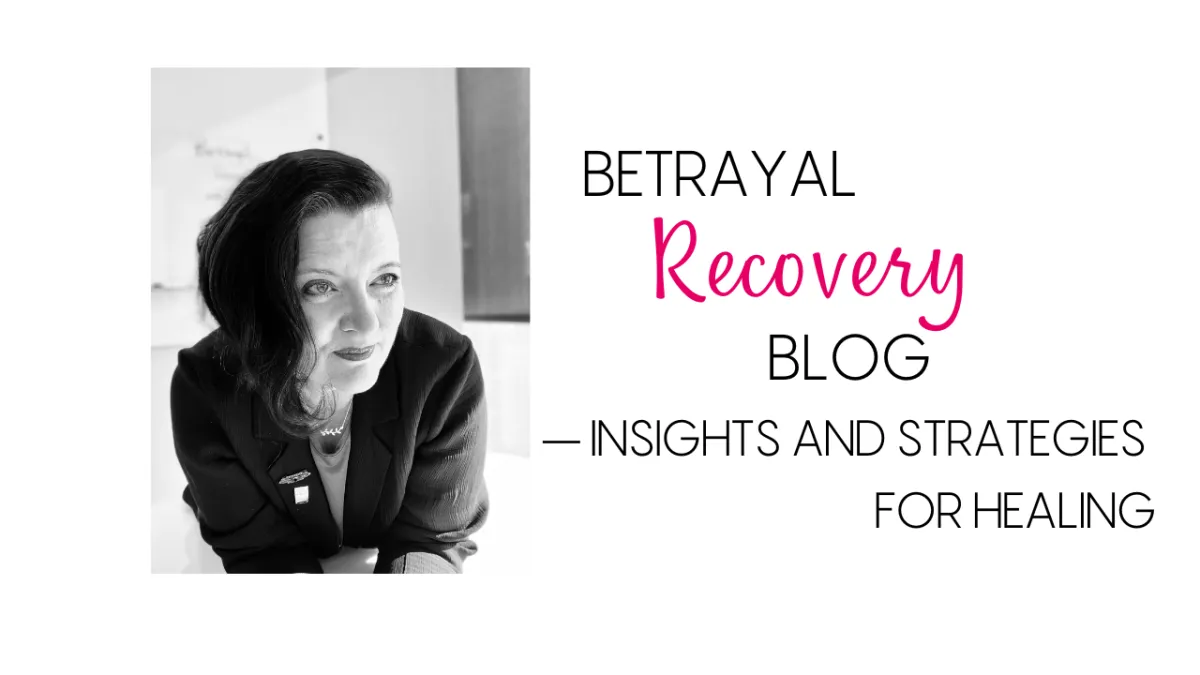What This 80s Hit Revealed About Life After Betrayal
Discover how an '80s hit takes on new meaning after betrayal. Healing shifts the way we hear, see, and reclaim our heart in recovery.

In-depth Articles on Healing, Communication, and Personal Growth.

Discover how an '80s hit takes on new meaning after betrayal. Healing shifts the way we hear, see, and reclaim our heart in recovery.

Unspoken pain creates distance. Betrayal adds to it. Ready to address the elephant in the room and rebuild connection? Vanessa Cardenas shares insights.

Betrayal and micro-betrayals leave lasting wounds, but healing is possible. Relationship Reset Expert Vanessa Cardenas shares insights to help you

Discover the role of a betrayal recovery specialist in rebuilding confidence and clarity after infidelity. Vanessa Cardenas guides you to heal and grow.



© Copyright 2017-2025. Understanding Ear LLC. All rights reserved.